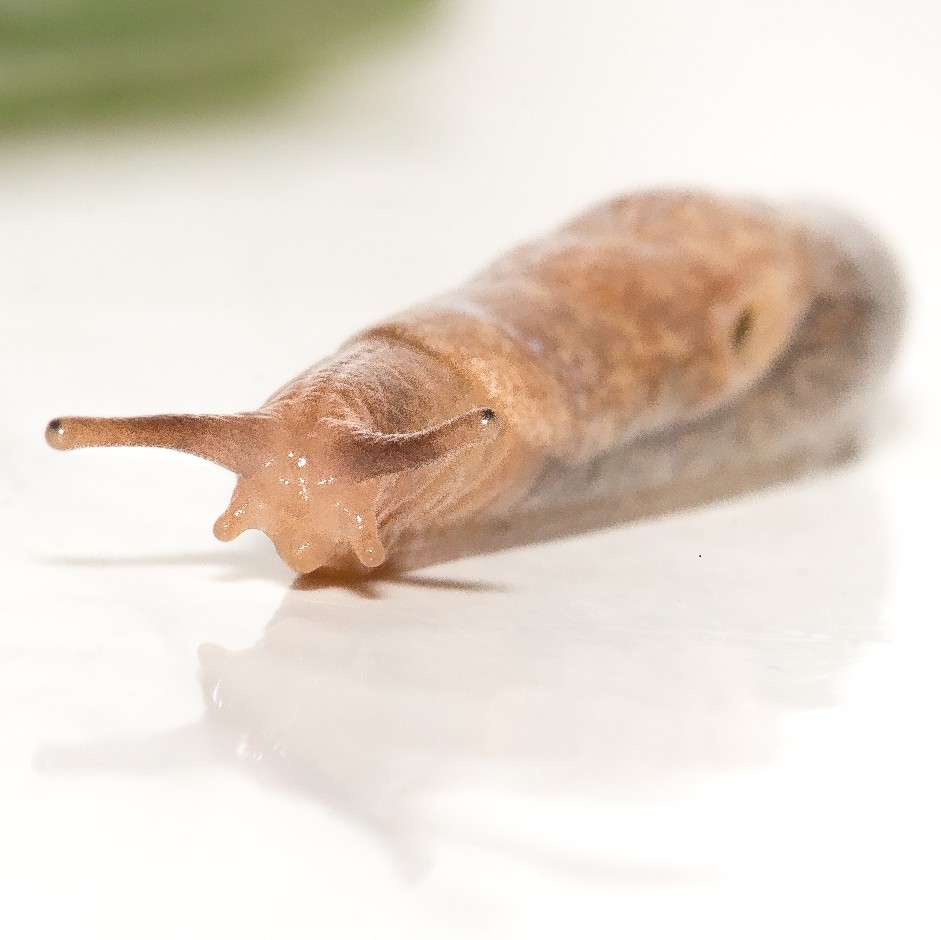
Introducing...
Helenium
Common name: Sneezeweed
Bringing warm colour to borders from mid-summer into autumn, these sun-loving perennials are tough, hardy and easy to grow. They combine particularly well with grasses and other late-flowering perennials in prairie-style plantings.
Looks
These daisies come in a choice of rich, fiery hues – yellows, deep oranges and reddish-coppers – opening from mid-summer. The centres become more prominent as the flowers age and the petals curve backwards. The upright, leafy, branching stems emerge from sturdy clumps.
Likes
Heleniums thrive in most soil types, and prefer full sun. It is best to support them by staking around the clump in spring.
Dislikes
They dislike very heavy, wet soil, and won’t flower in shade. Avoid planting in a windy position, as the tall flower stems may blow over.
Did you know?
Heleniums generally need staking to keep them upright, but to avoid this you can give them the ‘Chelsea chop’, in May, or cut them back to 30cm (12in) in mid-July. This delays flowering slightly but keeps plants more compact so you can enjoy the flowers on neat, unstaked plants.
Growing guide

How to grow helenium
All the information you’ll need to grow and care for heleniums can be found in the RHS guide to growing perennials.
Heleniums we recommend
Helenium autumnale 'Fuego'PBR (Mariachi Series)
sneezeweed 'Fuego'
- 0.1–0.5 metres
- 0.5–1 metres
Helenium 'Moerheim Beauty'
sneezeweed 'Moerheim Beauty'
- 0.5–1 metres
- 0.1–0.5 metres
Helenium autumnale 'Fuego'PBR (Mariachi Series)
sneezeweed 'Fuego'
- 0.1–0.5 metres
- 0.5–1 metres
Helenium 'Moerheim Beauty'
sneezeweed 'Moerheim Beauty'
- 0.5–1 metres
- 0.1–0.5 metres
Useful advice

Perennial borders: choosing plants
Ornamental grasses: selection

Perennials: dividing

Prairie planting: creation and maintenance
.jpg?width=941&height=940&ext=.jpg)
Slugs and snails
Get involved
The Royal Horticultural Society is the UK’s leading gardening charity. We aim to enrich everyone’s life through plants, and make the UK a greener and more beautiful place.